Will Hall, 34, started farming about eight years ago while halfway through doing a PhD at the University of Bristol researching rainfall using Met office radar printouts which he found a mixture of boring and frustrating because of constantly working inside. During winter he’d get to the office at eight, half an hour before sunrise, and leave after dark, spending all the daylight hours under artificial light.
Not using his body physically during the day was adversely affecting his sleep and sense of well-being so he turned to farming that he knew would be better for both his physical and mental health, and would offer a wider and more diverse lifestyle than the narrowly-focused PhD research.
He got into farming through WWOOF (World Wide Opportunities on Organic Farms) volunteering on a few farms in England, Spain and France to see how organic farms are run in other countries. Back in England he did a traineeship at Tolhurst Organics and a three-year apprenticeship at Sutton Community Farm in Surrey.
From there, he and his partner Sam set up a farm in Cornwall on rent-free land, selling produce to the local community via veg box deliveries. Although it seemed like a very good opportunity with a lot of tourists, the season was short and the large number of second homes meant that housing was expensive to buy and there was very limited rental accommodation.
After an exhausting year they managed to pay back their initial investment, but there was nothing left to pay themselves for the long hours, so in 2021 they decided to pack it in which was when Will took the role of head gardener for three seasons at Forbidden Fruit and Veg, a 1.7 acre walled garden in Badminton, South Glos. It was paid employment, living in a community with free food, accommodation and living expenses. At that time the farm was still at an early stage of development and Will, with the help of Tim, the assistant grower, managed to turn the project towards becoming commercially viable by adding three polytunnels and creating new outdoor beds. Though it is now producing more veg and the income is increasing year on year, it’s still very difficult to make it profitable because there are so many overhead costs; insurance for the car and the farm, all the seeds, even saving seeds is only a proportion of what is needed and seed-sowing compost has to be bought as it is different to homegrown compost. There’s a lot of factors that make it very difficult to work on a small scale even with the help of unpaid or very cheap labour. It’s very rare for farmers to be paid more than the minimum wage at best. Will says the only way to make farming viable would be through government subsidies to support small scale farms.
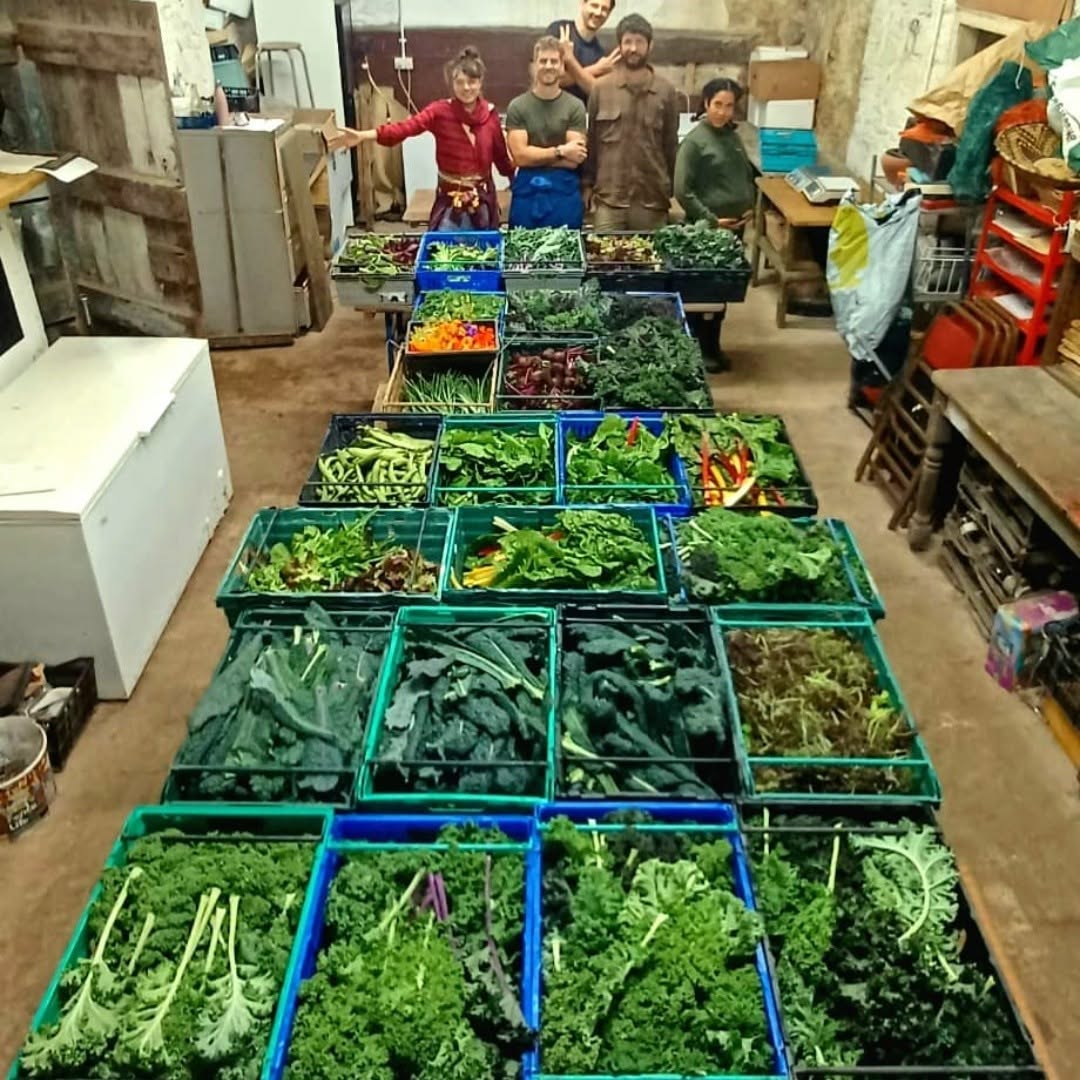
If there aren’t subsidies, Will says he thinks that veg prices and food prices need to go up in order to pay for the amount of labour that is needed to run a farm because they provide such a wide range of benefits. In addition to supplying veg to the local community via local markets in three local villages near the garden, he was also selling wholesale to shops in Bristol,as well as filling veg boxes for collection and from a kiosk with an honesty box at the garden gate.
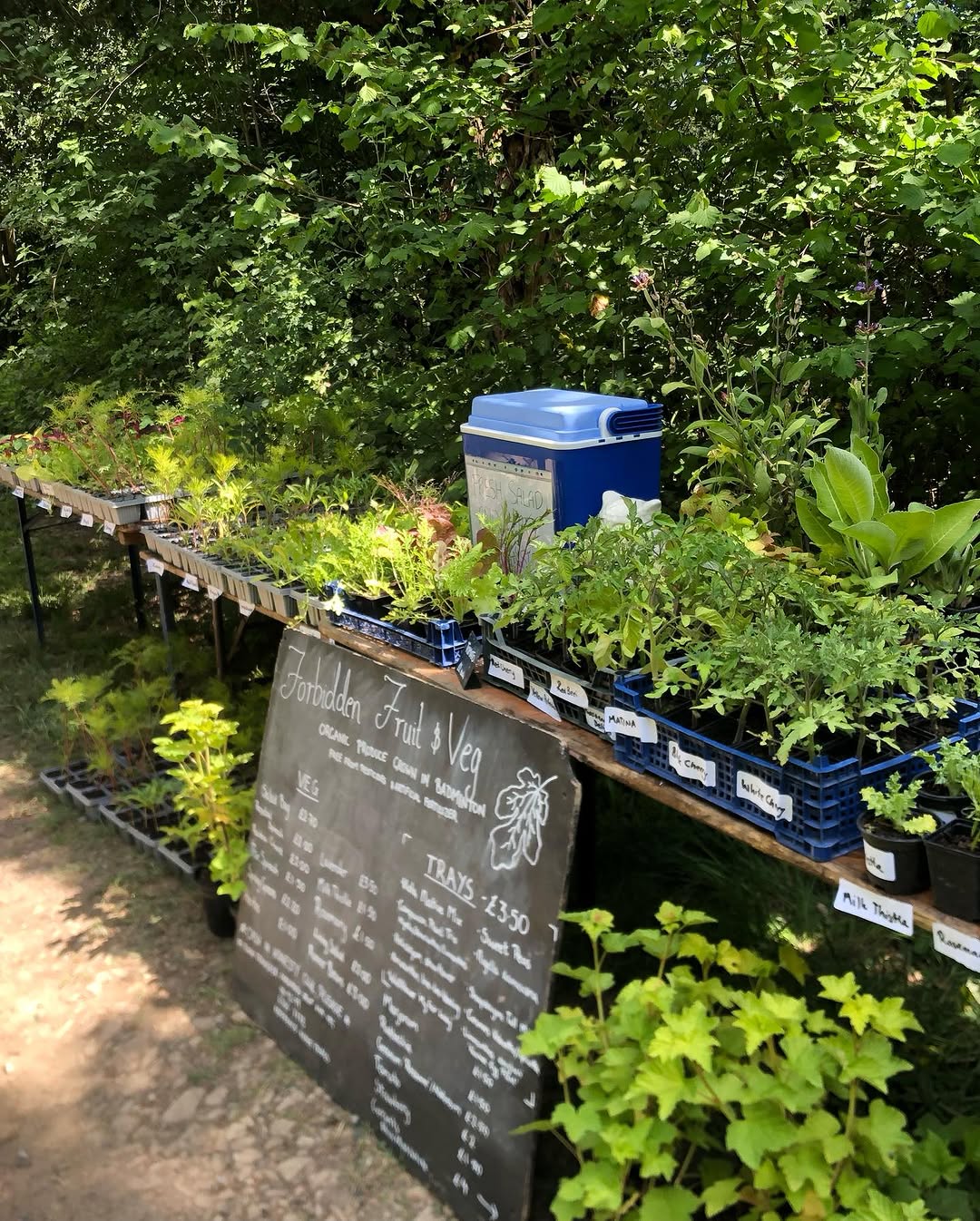
The venture also offers volunteer opportunities – teaching people how to farm and how to look after themselves through healthy food and community living.
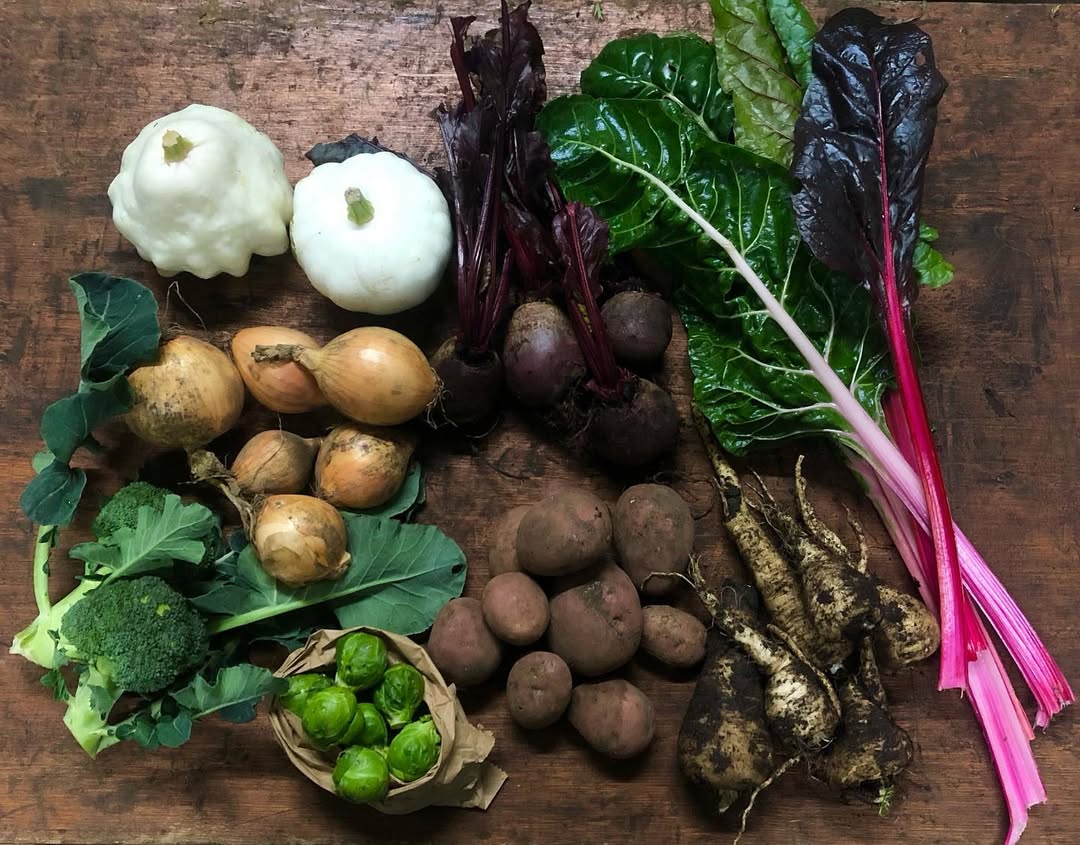
There are a lot more birds and different insects in the garden because of the diversity of plant species and diversity of flowers and different sorts of nectar in the compost. There’s grass snakes laying their eggs in the compost every year, hedgehogs and you always see kestrels, buzzards and sparrowhawks around – a diversity that you don’t get to the same extent from monoculture crops. The government is currently giving subsidies to large industrialised farms that use fertilisers heavily and spray their fields with glyphosate while Will’s chemical-free farming benefits on the economy by providing healthy food that reduces healthcare costs.
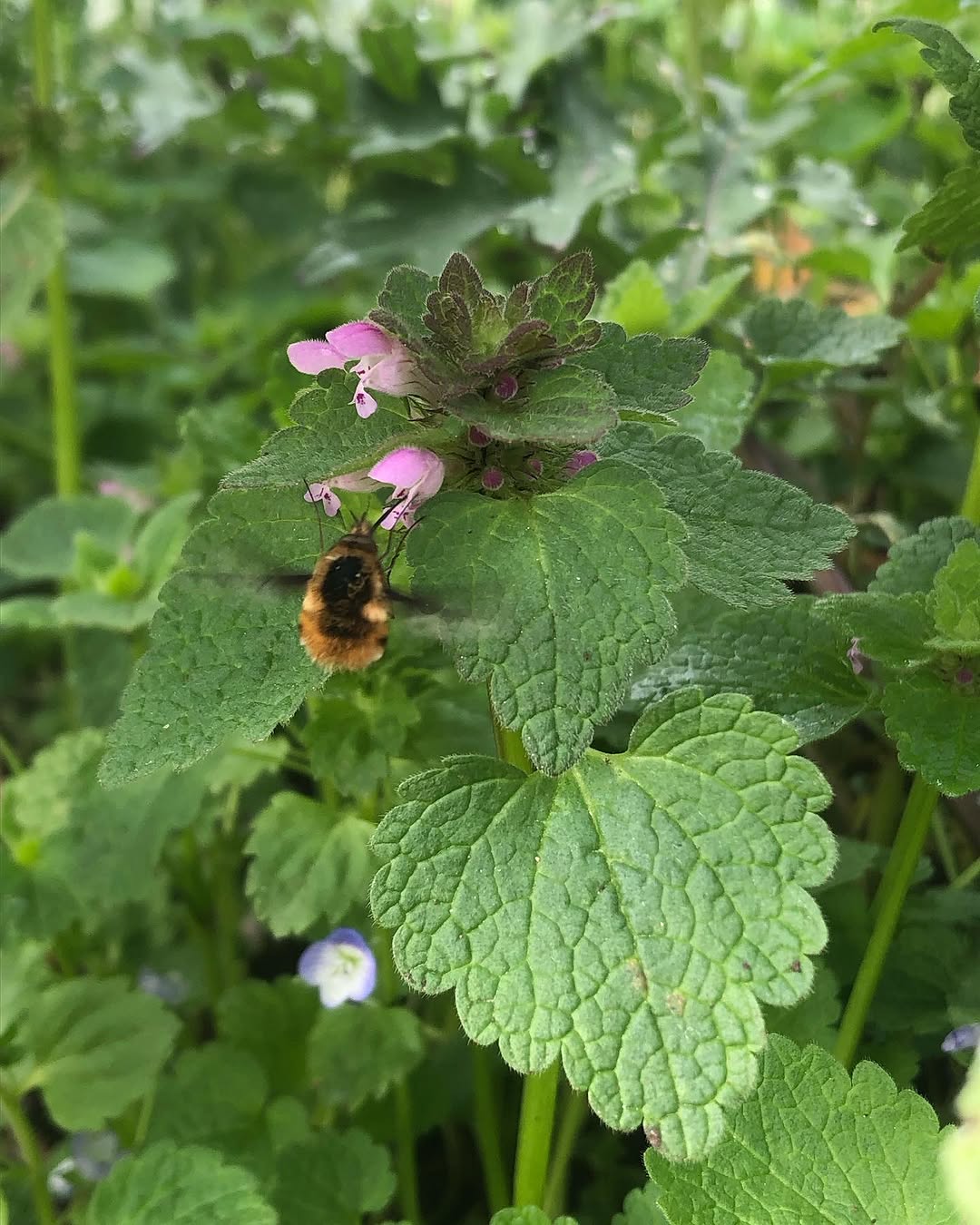
Last winter Will left to join a community in Wales where he share-owns some land and a copse of woodland that provides enough timber to build a new house for himself and Sam.
Their life is in their own hands, in the health of the soils they nurture and the strength of the community bound together by their shared sense of freedom and fulfillment.
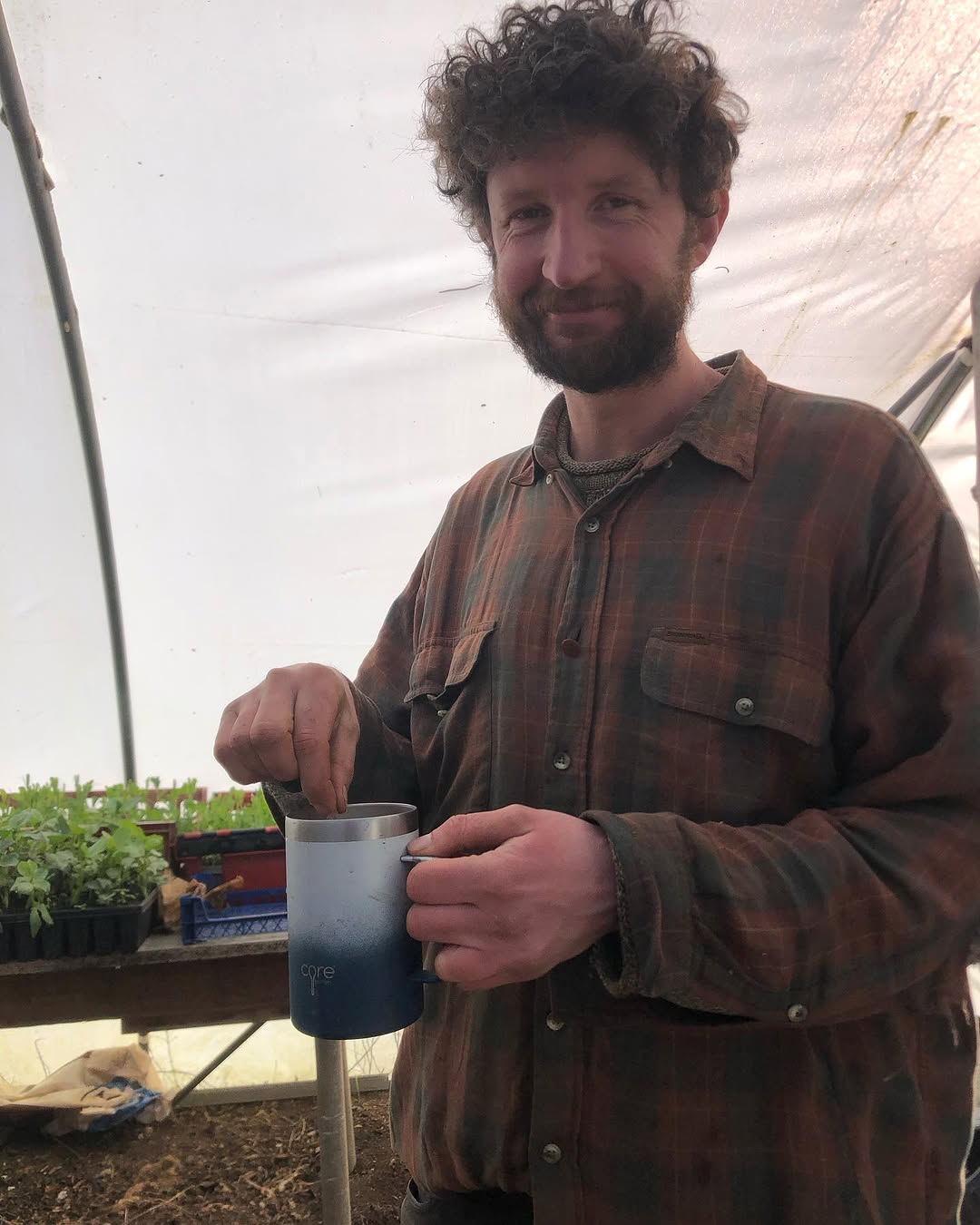
Share This Article
Related ArticlesView All
Wise Farmers: Gerald Miles
Gerald Miles is a seventh-generation farmer on the Pembrokeshire coast in West Wales, where he farms organically 120 acres of… Read More
Wise Farmers: Ben Andrews
Ben Andrews and his father Colin run an organic farm at Broadward Hall in Herefordshire near the border with Wales…. Read More
Borneo Villagers Battle For Freedom – Sarawak
Join us on a journey to Nyegol village in Sarawak, Malaysia, where the Bidayuh community has rebuilt their homes high… Read More
Wise Farmers: Nicolette Niman
After graduating from Kalamazoo College in Michigan with a Bachelor’s Degree in Biology and French, Nicolette Hahn Niman attended the… Read More
Wise Farmers: Benj Wilson
Benj grew up in rural Gloucestershire, where his father David was the manager of King Charles’ organic farm at Highgrove…. Read More
Wise Farmers: David Wilson
We filmed an interview with David when he was the manager of Fir Farm near Stow-on-the-Wold, where he was looking… Read More






